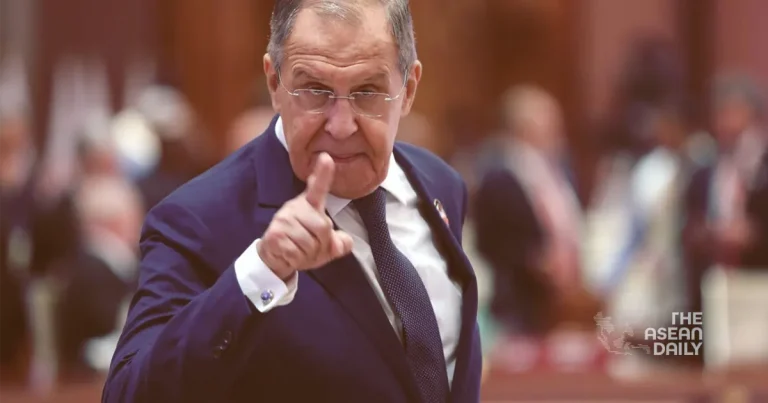27-7-2024 (VIENTIANE) A significant diplomatic gathering in the Laotian capital of Vientiane has set the stage for heightened geopolitical manoeuvring, as Chinese and Russian foreign ministers met with their Southeast Asian counterparts ahead of a scheduled appearance by the US Secretary of State.
The three-day meeting of the Association of Southeast Asian Nations (ASEAN) bloc saw China’s Wang Yi and Russia’s Sergei Lavrov engage in discussions with regional diplomats, underscoring the growing influence of these powers in Southeast Asia. Their presence at the summit comes amid increasing tensions with Western nations, particularly the United States.
In a notable development, Wang and Lavrov pledged to collaborate in countering what they termed as “extra-regional forces” attempting to interfere in Southeast Asian affairs. This commitment, announced by the Russian foreign ministry, signals a deepening alliance between Beijing and Moscow in the face of Western influence in the region.
The Chinese state news agency Xinhua reported Wang’s affirmation of Beijing’s readiness to work closely with Russia, emphasising mutual support and the safeguarding of each other’s core interests. This statement comes at a time when NATO members have labelled China as a “decisive enabler” of Russia’s ongoing conflict in Ukraine, highlighting the complex web of international relations at play.
The summit has also seen Wang engage in bilateral talks with the newly appointed British Foreign Secretary, David Lammy, adding another layer to the intricate diplomatic dance unfolding in Vientiane.
As the ASEAN foreign ministers prepare to issue a joint communique, sources indicate that consensus-building has hit roadblocks, particularly regarding the wording of paragraphs addressing the Myanmar conflict and disputes in the South China Sea. The latter issue remains a significant point of contention, with China claiming nearly the entire waterway despite an international court ruling against its assertion.
The diplomatic landscape is set to shift further with the anticipated arrival of US Secretary of State Antony Blinken. His participation, albeit shortened due to pressing matters in Washington, underscores the Biden administration’s prioritisation of Asian alliances in its foreign policy agenda. Blinken’s focus on advancing a “free and open Indo-Pacific” is widely interpreted as a counterbalance to China’s regional ambitions.




